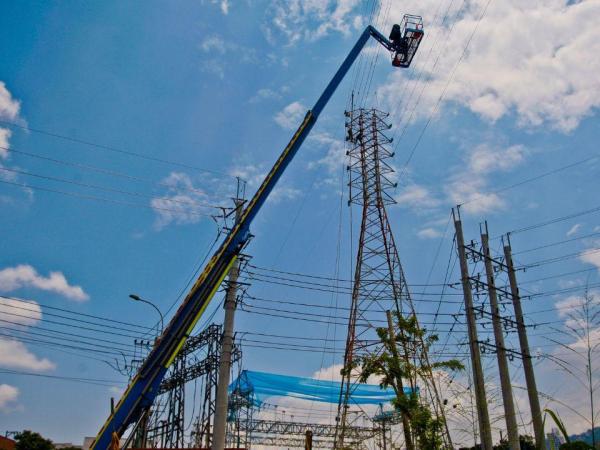The decision of President Gustavo Petro to recover their constitutional functions delegated to the Creg and the CRA has raised doubts about possible political motivations in regulating the provision of the public electricity service.
(See: Decree to take over functions from Creg could be unconstitutional).
The agents of the sector they fear that electricity prices will be determined by the Executive without technical considerations and ignoring the complexity of factors involved in the definition of prices.
Faced with this concern, first of all, it should be noted that the commissions for the regulation of public services, by constitutional design, are not entities with full autonomy from the Executive. In accordance with the Constitution, the general policies of administration and control of the efficiency of the services correspond to the president.
In second place, article 334 of the Political Constitution of Colombia determines that the general direction of the economy is in charge of the State and that it will intervene, among other activities, in public services to improve the quality of life of the inhabitants.
(See: The consequences of Petro assuming rate control, according to the Creg).
The recovery of regulatory functions by the president conforms to our legal system and allows him to recover the initiative in an economic sector whose responsibility falls on the executive. That is how Access to public services and the characteristics of their generation and provision require State intervention. Our model, of course, is based on the participation of the private sector in all the links of the value chain. The private company, in coordination with the public sector, has contributed to improving the coverage and quality of the energy service.
But we cannot lose sight of the fact that access to public services is a citizen’s right that cannot be subject to market dynamics. Nor can we lose sight of the fact that competition tends to be limited in the different stages of service provision. By its nature, the public services market is controlled by natural oligopolies or monopolies. Hence, state intervention in its regulation is essential.
(See: Call for power generation capacity expansion auction).
The current situation, in which the increase in rates exceeds the financial possibilities of Colombian families, demands quick and timely actions, through the intervention tools offered by our legal system.
Energy.
WEATHER Archive
In fact, a few months ago the Ministry of Mines and Energy, with the participation of the Creg, led the Pact for Tariff Justice, to which various agents in the sector joined. However, the agreement did not have the expected impact and the Creg has not shown the sense of urgency that the reality of millions of Colombians demands.
(See: Power generators ask Petro to make prudent decisions).
The situation does not wait. With the recovery of his regulatory powers, President Gustavo Petro will make timely decisions to advance in the reduction of rates, but will not decree them arbitrarily.
The Ministry of Mines and Energy and the Superintendence of Residential Public Services have the necessary knowledge and human talent to make decisions based on technical criteria.
In fact, the decision to recover its regulatory functions was preceded by a careful examination in which we found that it is possible to improve the tariff formula to reduce the discretion that agents have in determining prices.
Furthermore, the Creg does not cease to exist. The new tariff decisions will be based on the expertise of the commissioners and their work teams, since they are also part of the National Government.
(See: Petro will regulate public services: here’s what it could do).
Lastly, we understand that generating companies and other agents in the energy chain are aware of the situation and know that its business model does not support the loss of users’ ability to pay.
The president and the other state entities that make up this sector are fully willing to include their points of view in the tariff measures that we will adopt.
The energy sector is one of the most dynamic in the national economy. Generation, transmission, distribution and commercialization activities generate large profits for responsible companies and contribute significantly to the overall growth of the economy.
We know that it is possible to lower rates without jeopardizing the financial stability of companies and the investments in maintenance and expansion necessary to guarantee national energy security.
DAGOBERTO QUIROGA COLLAZOS
Residential Public Utilities Superintendent
















